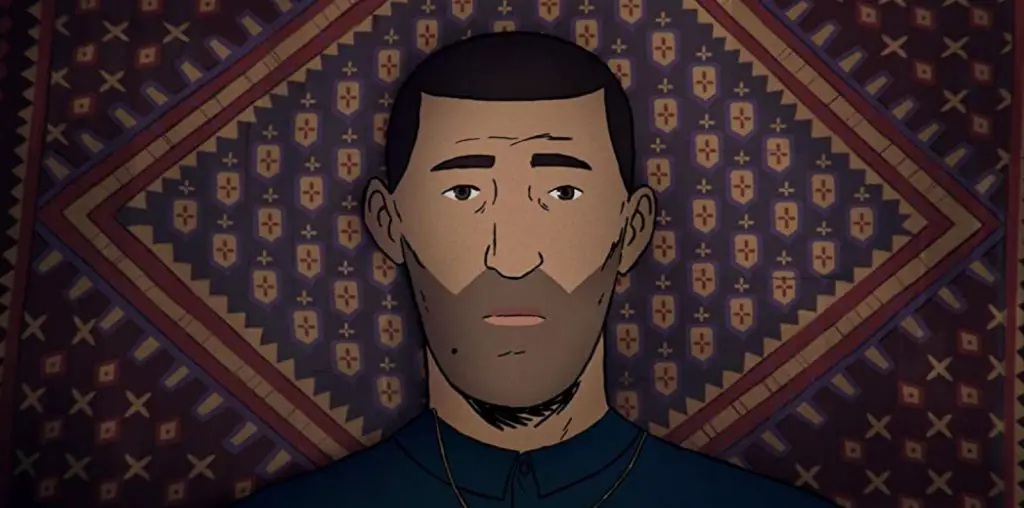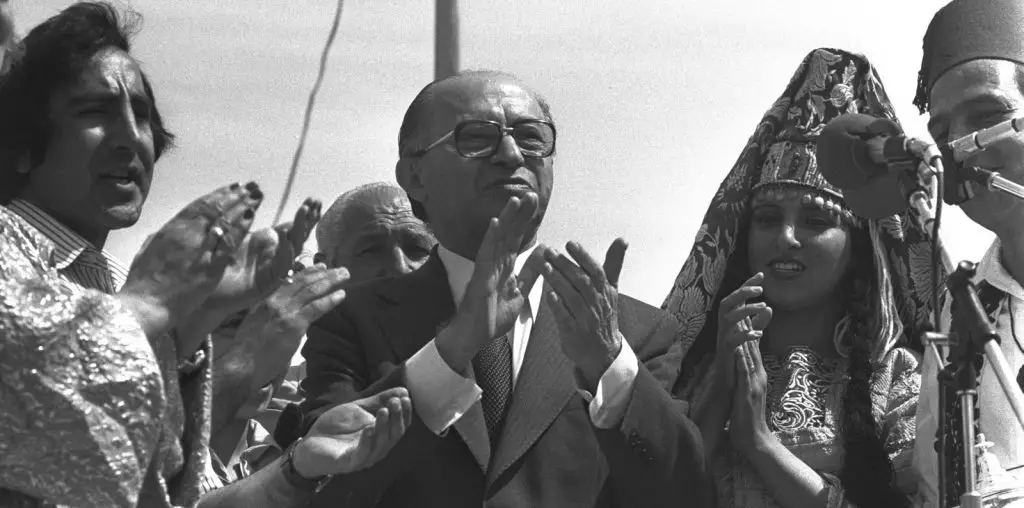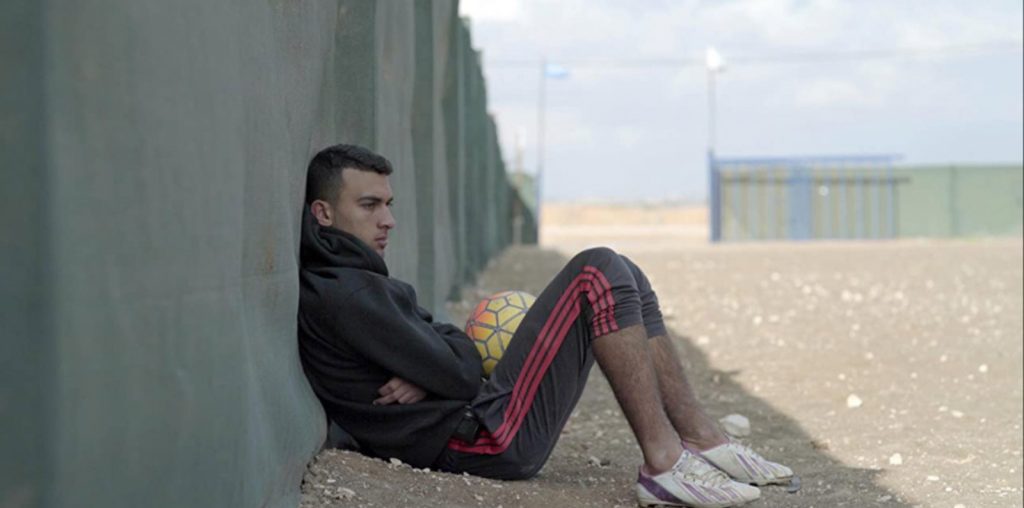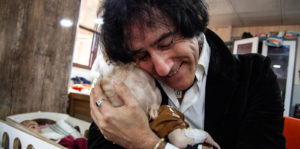
Director Gorki Glaser-Müller’s Children of the Enemy focuses on Patricio Galvez, a man on a quest to recover his grandchildren from a Syrian refugee camp. Galvez’s daughter, Amanda, became radicalized and married a jihadist. The couple pledged allegiance to ISIS and moved to Raqqa, Syria, along with their children. Eventually, they were killed by a drone strike leaving their seven children orphaned. Galvez was left to deal with the heartbreak of losing his daughter and figuring out how to find his grandchildren.
He looks through online news photos hoping to find his grandchildren in Syria’s al-Hol refugee camp. His desperation is perfectly reasonable. The children range in age from 1 to 8. Orphaned children at the camp die from malnutrition, a lack of clean water, and inadequate medical care. On the face of things, everything seems straightforward. Galvez should be able to claim his grandchildren and save them from this inhumane hellhole. But, unfortunately, he is met with numerous bureaucratic obstacles, the biggest being the hesitancy of various Western countries — in his case Sweden — to welcome back nationals who joined ISIS. While the hesitancy to accept adult jihadists is understandable, the hesitancy to take orphaned children, even if they are the children of jihadists, is harder to comprehend.
Glaser-Müller makes Children of the Enemy a chronicle of desperation, a race against the clock. In his last conversation with his daughter, Galvez learned that his grandchildren were on the verge of starvation. The filmmaker brilliantly conveys the man’s loneliness, his plight as a single man against institutional red tape, and his frustrations at the inaction of bureaucracy. The most difficult and heartbreaking scenes involve Galvez placing phone calls to Swedish officials who either never answer or drag their feet.
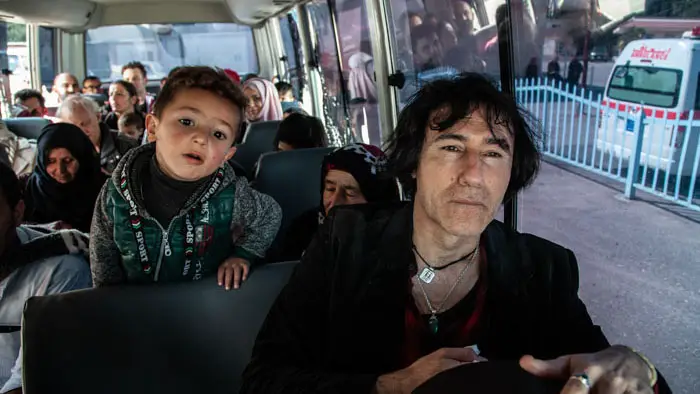
“…a man on a quest to recover his grandchildren from a Syrian refugee camp.”
In this Kafkaesque nightmare, waiting for the phone call that authorizes Galvez to go to the camp and pick up his grandchildren is the hardest part. What makes the quest even more heartbreaking is its underlying psychological texture. Galvez confesses that he feels guilt over not being more involved as a father to his now-deceased daughter. He agonizes about not doing more to prevent the radicalization that ultimately led to her death. Thus, the past’s regrets and what-could-have-beens partly fuel his quest to regain his grandchildren.
The best documentaries are the ones that surprise the viewer with a thematic or plot shift. I do not want to disclose whether Galvez is able to retrieve his grandchildren for the sake of those unfamiliar with his case. I will reveal, however, that after Galvez is given authorization to visit the al-Hol camp. From there, Children of the Enemy focuses on a different set of challenges that Galvez must overcome.
Children of the Enemy will give nuance to your understanding of the Syrian conflict, radicalization, and issues revolving around resettlement and citizenship. Glaser-Müller’s documentary is a wonderful companion to the BBC/PBS podcast I’m Not a Monster. Both will not only inform but will also take you on a tense journey through difficult terrain. Seek out both to gain a better understanding of such a complicated issue.
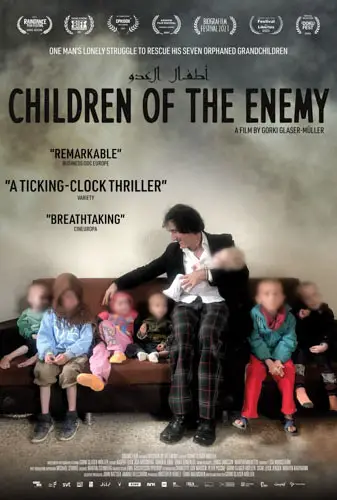
"…a tense journey through difficult terrain."
